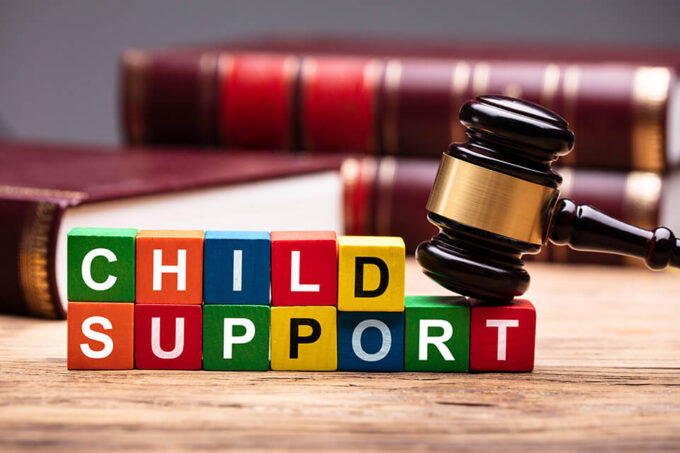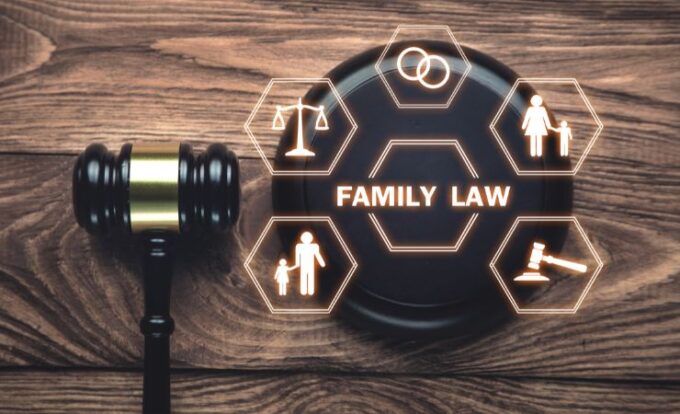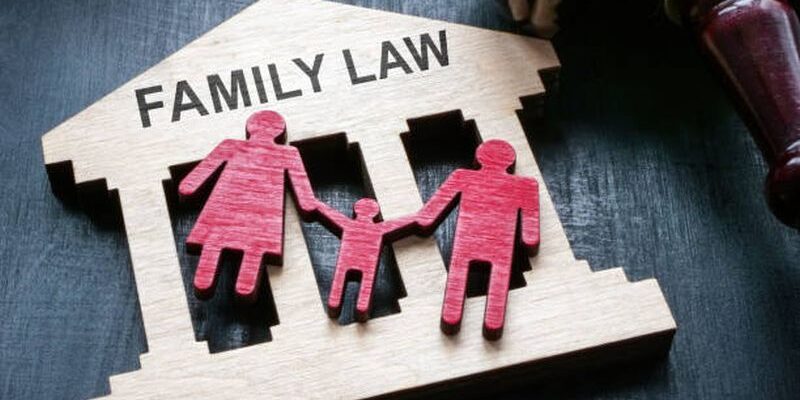The topic of family law can be complex and overwhelming, but it’s important to understand it in order to navigate the legal system and protect your rights. Different countries have different laws related to family law, and this can impact everything from the grounds for divorce to child custody and financial matters. If you are considering a legal separation or divorce, it is important to consult with an experienced attorney. An attorney can provide you with a comprehensive overview of your situation and help you make informed decisions about your legal rights.
In addition to consulting with an attorney, it is also important to know what documents are required in order for a separation or divorce case to proceed. This includes documents such as pleadings (a set of written statements that explain your case), discovery (information that is exchanged between the parties in a case), and affidavits (declarations made by people who are not present in court). All of these items can be complicated and time-consuming to prepare on your own, so it is best to seek help from an attorney before getting started.
Once you have filed for divorce or separated, family law will enter into play. This includes issues like parentage disputes, guardianship proceedings, child support calculations, property division proceedings, prenuptial agreements, and more. It’s essential that you understand all of your options before taking any action – even if those actions seem straightforward on the surface. Consultation with an attorney will help ensure that everything goes as planned during this difficult time.
What Happens During A Divorce?

Source:facebook.com
There’s no doubt that when two people get divorced, it can be a difficult process. However, with the help of the right resources, it can be done relatively easily and without too much stress.
– First, you need to decide if you want to file for divorce or not. If you decide to proceed with filing for divorce, there are a few things that need to be done before anything else can happen. First and foremost, you will need to gather all of the necessary paperwork – such as copies of your marriage license, separation agreement, and court orders if any were issued during your relationship. You will also need to contact your lawyer or family law specialist to schedule an initial consultation. During this meeting, they will help you understand all of the steps involved in filing for divorce and answer any questions that you may have.
– Once everything is in order, it’s time to file! Filing can be done either through mail or in person at your local courthouse. There is no specific time frame as to when filing should take place; however, waiting too long could lead to additional complications down the road. Once filed formal papers have been filed with court (generally within 30 days), proceedings can begin moving forward (though oftentimes there are additional hearings/talks between lawyers prior) culminating in either a dissolution decree (the official document saying your marriage is over) or final judgment (a fully detailed ruling on all aspects of your case).
– Once finalized – whether through dissolution decree or final judgment – what happens next depends on several factors including but not limited to: how long you were married; how many children were born into marriage by both spouses; physical abuse; drug/alcohol abuse; desertion during marriage by one spouse; etc. At this point there is usually an order regarding who gets which assets/property: primary residence goes first then marital property then any pieces of property acquired during relationship such as cars/boats etc. If there are minor children involved their best interests should always be considered first.
Child Custody Basics

Source:pinterest.com
There are many things to consider when going through a divorce, and one of the most important decisions you will make is who will have custody of your children. Custody is a legal term that refers to the physical and legal rights of a parent to care for their children. It can be divided into several different types, based on the factors that are taken into account by the court.
A lawyer may be able not only provide guidance throughout this delicate process but also represent you in court should disagreements arise about how your rights as a parent should be interpreted or exercised. There are many alternative forms available for resolving disputes outside traditional court proceedings, such as mediation or arbitration – both which offer an impartial forum from which parties can reach an agreement without having to go through litigation. Ultimately, reaching an agreement about child custody depends on understanding all aspects related to other legal processes involved- something.
Choosing An Attorney For Your Case

Source:freepik.com
Choosing the right lawyer for your family law case is important. Not only will this decision impact you and your legal proceedings, but it will also have a major impact on your spouse or partner. Different types of family lawyers specialize in different areas of law, so it’s important to choose the right one for your specific case. Here are some tips to help you research and find the best lawyer for your needs.
– First, it’s important to understand that not all lawyers are created equal. Some lawyers focus exclusively on family law cases, while others may have more general expertise in law. It’s also important to know what type of lawyer you need – does an experienced attorney with specialization in family law fit the bill? Or do you need a more generalist who specializes in a variety of legal issues?
– Once you’ve chosen an area of specialty, it’s important to research that area thoroughly before making a decision. Find reviews online or read about the attorney through other sources such as news articles or social media sites. This will help you make an informed decision about who to hire and whether they’re the right fit for your case.
– When selecting an attorney, be sure to ask questions about their experience and qualifications before making any commitments. What makes a good lawyer for family law cases? What qualities would make them successful in your particular case? These are just some questions that you should ask when considering hiring an attorney.
– Finally, be prepared to pay for legal representation – legal fees can vary greatly depending on the complexity of your case and which state you’re located in. However, most attorneys offer a free consultation so that you can get a feel for their skills before making any commitments. And remember – if things don’t go as planned or if there are complications during court proceedings, having an experienced lawyer by your side can make all the difference!
Bottom Line

Source:pinterest.com
Understanding family law is essential when navigating a divorce or child custody case. It is important to understand all your legal rights in order to protect yourself and your family during this difficult time. With this knowledge, you will be better equipped to handle any situation related to family law.

